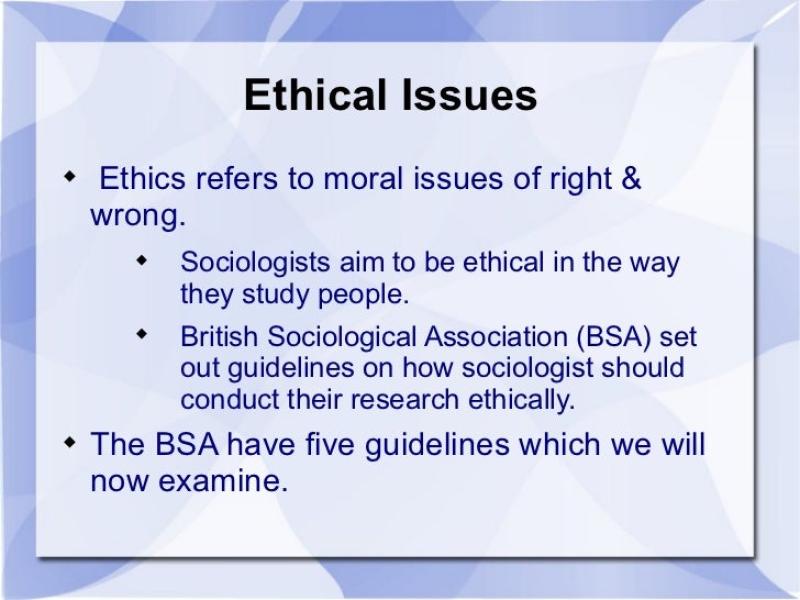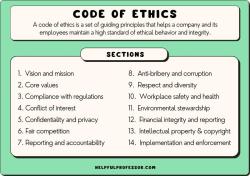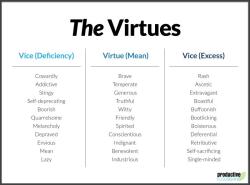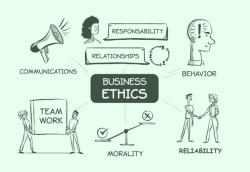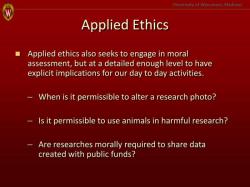What are some examples of ethical problems today?
Ethical problems and dilemmas are pervasive in contemporary society, spanning various fields and contexts. Here are some examples of ethical problems that are relevant today:
Artificial Intelligence and Bias:
- Issue: Bias in algorithms and artificial intelligence systems can lead to discriminatory outcomes, affecting areas such as hiring, criminal justice, and access to financial services.
- Ethical Problem: Addressing the ethical concerns surrounding biased algorithms, transparency in AI decision-making, and ensuring fairness in automated systems.
Data Privacy and Surveillance:
- Issue: The widespread collection and use of personal data by tech companies and government agencies raise concerns about privacy invasion and surveillance.
- Ethical Problem: Balancing the need for security with protecting individuals' right to privacy and determining the ethical boundaries of data collection and surveillance.
Climate Change and Environmental Responsibility:
- Issue: The impact of human activities on the environment, climate change, and the depletion of natural resources.
- Ethical Problem: Addressing the ethical responsibility of individuals, corporations, and governments to mitigate climate change, reduce carbon footprints, and promote sustainability.
Corporate Social Responsibility:
- Issue: Corporations face ethical challenges related to social and environmental responsibility, fair labor practices, and ethical sourcing of materials.
- Ethical Problem: Balancing profit motives with ethical considerations, promoting social and environmental responsibility in business practices.
Healthcare Access and Equity:
- Issue: Disparities in healthcare access and the unequal distribution of medical resources.
- Ethical Problem: Ensuring equitable access to healthcare services, addressing socio-economic disparities in health outcomes, and making ethical decisions in healthcare resource allocation.
Genetic Engineering and CRISPR Technology:
- Issue: Advancements in genetic engineering, including the use of CRISPR technology, raise ethical questions about modifying human genes.
- Ethical Problem: Determining the ethical boundaries of genetic modification, addressing potential risks, and considering the implications for future generations.
Social Media and Misinformation:
- Issue: The spread of misinformation, fake news, and the impact of social media on public discourse.
- Ethical Problem: Balancing freedom of expression with the responsibility of social media platforms to combat misinformation, hate speech, and harmful content.
Remote Work and Work-Life Balance:
- Issue: The rise of remote work and the blurring of boundaries between work and personal life.
- Ethical Problem: Addressing issues related to employee well-being, mental health, and the ethical responsibilities of employers in maintaining a healthy work-life balance.
Vaccine Distribution and Equity:
- Issue: Unequal access to COVID-19 vaccines globally and within countries.
- Ethical Problem: Balancing the need for global vaccine distribution with issues of vaccine nationalism, ensuring equitable access to vaccines, and addressing ethical considerations in prioritizing populations.
Autonomous Vehicles and Safety:
- Issue: The development and deployment of autonomous vehicles raise ethical questions about safety, liability, and decision-making algorithms.
- Ethical Problem: Balancing the potential benefits of autonomous vehicles with the ethical responsibility to ensure public safety, address legal and regulatory issues, and determine liability in case of accidents.
These examples illustrate the complexity of contemporary ethical problems and the need for ongoing ethical reflection and decision-making in addressing them. Ethical considerations often involve finding a balance between competing interests, values, and principles to promote a just and responsible society.
How do emerging technologies present new ethical problems?
Emerging technologies hold immense potential for progress, but they also bring with them a raft of new ethical challenges. Here are some ways these technologies can spark unforeseen ethical dilemmas:
1. Data privacy and security:
- Collection and use of personal data: Technologies like facial recognition, wearables, and smart devices collect vast amounts of personal data. How this data is stored, used, and protected raises concerns about privacy violations, discriminatory practices, and potential misuse by governments or corporations.
- Data ownership and control: Who owns the data generated by these technologies? Individuals, companies, or governments? Determining clear ownership and control structures is crucial for ensuring data rights and preventing exploitation.
2. Artificial intelligence (AI):
- Algorithmic bias: AI algorithms trained on biased data can perpetuate or even amplify existing biases in society, leading to discrimination against certain groups in areas like healthcare, hiring, or criminal justice.
- Explainability and transparency: Understanding how AI algorithms make decisions is crucial for addressing bias and ensuring accountability. However, many AI systems remain opaque, making it difficult to determine the reasoning behind their decisions.
3. Automation and job displacement:
- Technological unemployment: As automation replaces some jobs, the potential for mass unemployment and widening economic inequality raises ethical concerns. How can we ensure a just transition and provide support for displaced workers?
- Ethical AI in the workplace: As AI plays a greater role in hiring, performance evaluation, and decision-making within companies, issues like human control and oversight, fairness in algorithms, and worker privacy need careful consideration.
4. Gene editing and biotechnology:
- Moral and legal implications: Editing human genes raises ethical concerns about designer babies, eugenics, and potential unintended consequences. Who should have access to this technology, and what safeguards are needed to ensure its responsible use?
- Impacts on human identity and society: Modifying our genetic makeup raises profound questions about human identity, the nature of free will, and potential societal implications for healthcare, social justice, and discrimination.
5. Autonomous weapons and surveillance:
- Weaponization of AI: The development of autonomous weapons raises serious ethical concerns about the potential for loss of human control over warfare and the increased risk of civilian casualties.
- Widespread surveillance: Advancements in surveillance technologies like drones and facial recognition pose threats to individual privacy and freedom of movement, making it essential to establish clear boundaries and regulations on their use.
These are just a few examples of how emerging technologies are creating new ethical dilemmas. Addressing these challenges effectively requires ongoing conversations, multi-stakeholder collaboration, and robust ethical frameworks to guide the development and deployment of these powerful tools.
It's important to remember that there are no easy answers to these complex questions. As these technologies continue to evolve, it's crucial to remain engaged in the discussion, ensure ethical considerations are at the forefront of development, and strive to harness the potential of these technologies for good while mitigating their potential harms.
Do you have any specific concerns about certain emerging technologies or how their ethical issues might be addressed? I'm happy to explore these further with you.
